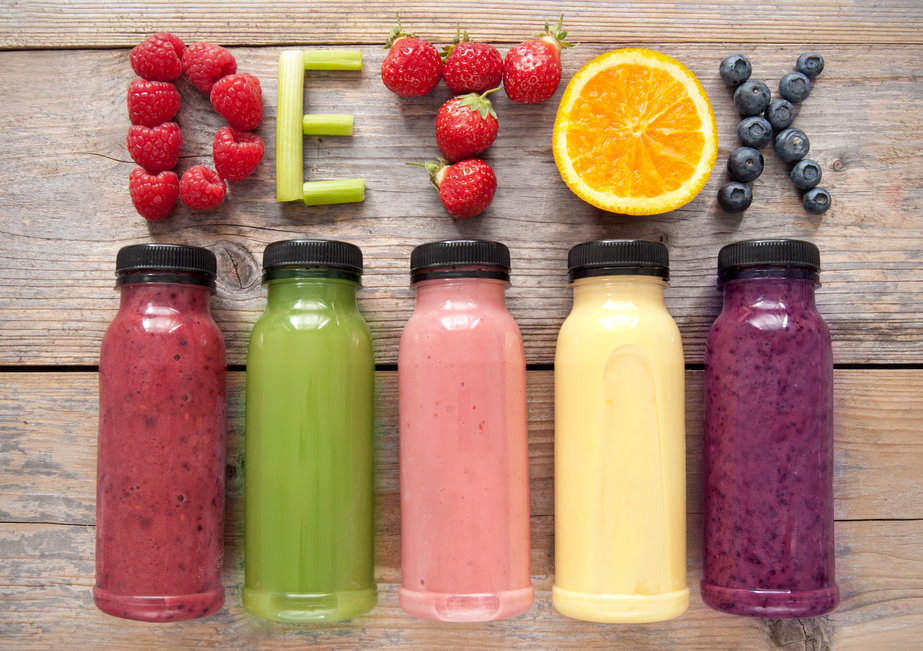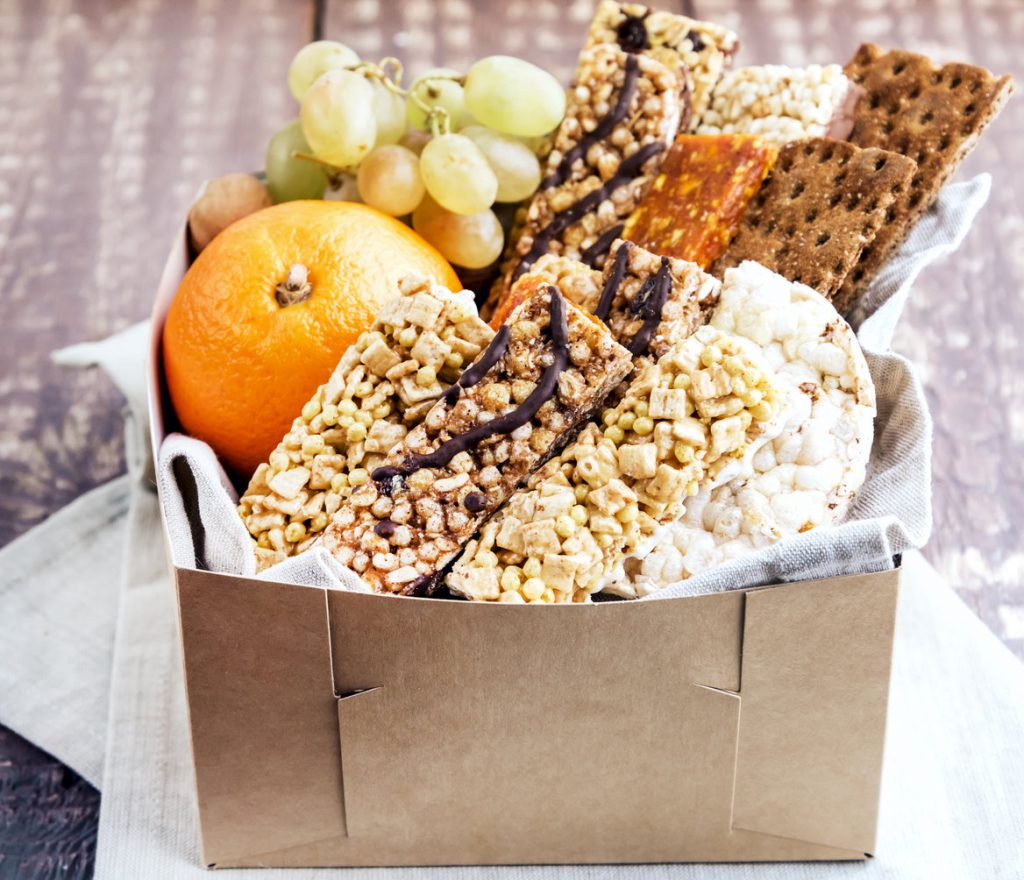
30 Jan Millennials in Miami Matter
The generation that has held the position of the most influential consumer, the Baby Boomers, is about to be out of a job. According to the  2014 Nielsen report “Millennials-Breaking the Myths,” Millennials or those born between 1977 – 1995 will soon out number Baby Boomers (born between 1946 – 1964) and represent the largest generation in the United States. In addition to becoming the largest generation, Millennials have a different approach toward business, food, health, and technology which often collides with current beliefs and practices. As Millennials mature and their spending power increases, their preferences continue to affect change.
2014 Nielsen report “Millennials-Breaking the Myths,” Millennials or those born between 1977 – 1995 will soon out number Baby Boomers (born between 1946 – 1964) and represent the largest generation in the United States. In addition to becoming the largest generation, Millennials have a different approach toward business, food, health, and technology which often collides with current beliefs and practices. As Millennials mature and their spending power increases, their preferences continue to affect change.
Healthy Choices
Having grown up with the Internet and technology as an integral part of their lives, Millennials in Miami use both the Internet and technology more often than other generations to access information related to health and wellness. In contrast with the stereotypical description of Millennials as selfish, many Millennials are genuinely concerned with making healthier food choices that also positively impact farmers and the environment. To meet Millennials informational needs, businesses have added information to product labels about how foods are produced and what their social and environmental impact is. But environmentally friendly and sustainably produced products come with a higher price, which Millennials are willing to accept. Recent research has shown that Millennials pay more for foods and beverages that have a health benefit, are organic, or come from businesses that use sustainable practices.
Beverages
Millennials in Miami have also influenced the introduction of a wide variety of other beverages including smoothies, sport drinks, flavored milks, and energy drinks. They continue to consume more of this type of beverage than any other age group especially if they believe there is a health benefit. Energy drinks, specifically, seem to be a favorite. FONA International, a flavor development company, found that Millennials were the driving force behind a 56% growth in the energy drink market between 2009 and 2014. While the recent economic challenges may have played a role in changing sales numbers, BEVNET recently reported that “Energy drinks showed a surge in sales in the latest Nielsen xAOC (expanded all outlets combined) report, up 6.7 percent in year-over-year dollar sales for the 4-week period ending November 5[, 2016].” PepsiCo’s Mountain Dew Kickstart led the pack in percent dollar sale growth followed by Monster Zero Ultra Energy Drink, Red Bull Energy Drink, and Rockstar Energy Drink.

Snacks
In addition to the new beverages choices, the meaning of the word snack has undergone a change as Millennials have become more influential consumers. Research by Barkley and The Boston Consulting Group shows that “Millennials tend to snack far more than older generations.” For Millennials, snacks like energy drinks must be healthy as well as delicious, portable, and convenient. Healthy snacks are also often eaten as a meal replacement. Rather than eating 3 meals per day, Millennials eat 5 to 6 healthy snacks throughout the day, and frequently share them with friends and colleagues. Unlike previous generations, Millennials look for snacks that have strong flavors and try new flavor combinations. Whether purchasing snacks from a healthy vending machine or stopping by a convenience store in Miami, snacks have become an integral part of the Millennials’ day.
Which healthy beverage choices do Millennials request in your Miami office breakroom? Contact Bettoli Vending at (305) 626-0740 to learn more about healthy vending machine options.

Sorry, the comment form is closed at this time.